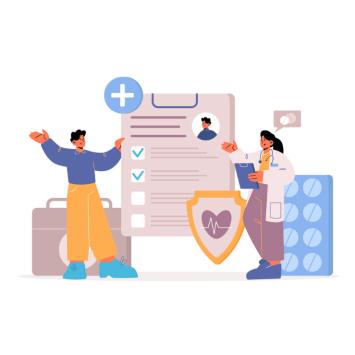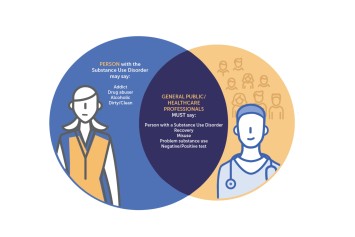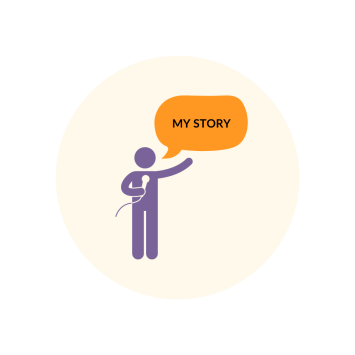An Introduction
This page serves as a valuable repository of resources, toolkits, and articles curated by international organizations. Whether you’re seeking information on recovery toolkits, the latest update from our network, you will find them here.
Toolkit for Recovery Support Professionals and Their Clinical Supervisors

The creation of a toolkit for substance use disorder (SUD) recovery support professionals was prompted by the growing number of individuals globally being trained in this field. These professionals, including recovery coaches and peer specialists, play a crucial role in supporting individuals in recovery. However, clinical supervision for these professionals is often overlooked. Clinical supervision is essential for guiding recovery support professionals in their work. Without it, they face challenges and may experience secondary trauma, self-care failures, and overwhelm.
Click here to download the Toolkit

Self-Care Toolkit for Recovery: Nurturing Well-Being
Self-care is the intentional practice of prioritizing our physical, psychological, emotional, and spiritual health. By filling our own cup first, we ensure that we have the capacity to support others. This toolkit focuses on self-care within the context of recovery, catering to three key groups:
- Individuals in Recovery: Those overcoming substance use disorders.
- Supporters: Those actively aiding others in their recovery journey.
- Dual Role: Individuals who are both in recovery themselves and supporting others.
The toolkit draws from evidence-based theories and materials reviewed by experts in treatment and recovery. It serves as a practical, user-friendly resource, emphasizing that self-care is an ongoing process—one where progress matters more than perfection.
Click here to download the Toolkit
Stigma - Addiction Language Guide

Stigmatizing language exacerbates these issues by assigning negative labels and stereotypes to individuals struggling with addiction. This language not only perpetuates societal misconceptions but also contributes to social isolation and reluctance to seek help. Let's work together to recognize and address stigmatizing language, fostering a supportive environment for those affected by addiction.
Click here to download the Guide
Share Your Story: A How-to- Guide on Digital Storytelling

This toolkit is an evidence-based guide designed to help individuals living with mental or substance use disorders tell their personal stories of recovery in a digital format. Sharing your journey can connect with others and inspire those who may be struggling, showing them they are not alone. Your story can demonstrate that treatment works and recovery is possible. Visit our website to explore SAMHSA's comprehensive guide on storytelling and download the resource to start crafting your own powerful narrative today.
Click here to download the Guide
| Attachment | Size |
|---|---|
| The Role of Clinical Supervision Toolkit | 10.91 MB |
| Self-Care Toolkit (draft) | 6.4 MB |
| Stigma - Addiction Language Guide | 1.25 MB |
| A How-to Guide for Digital Storytelling | 1.42 MB |
